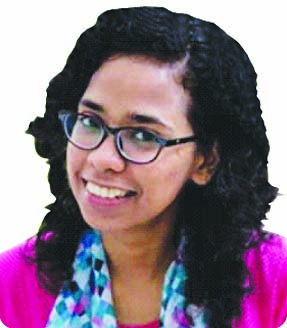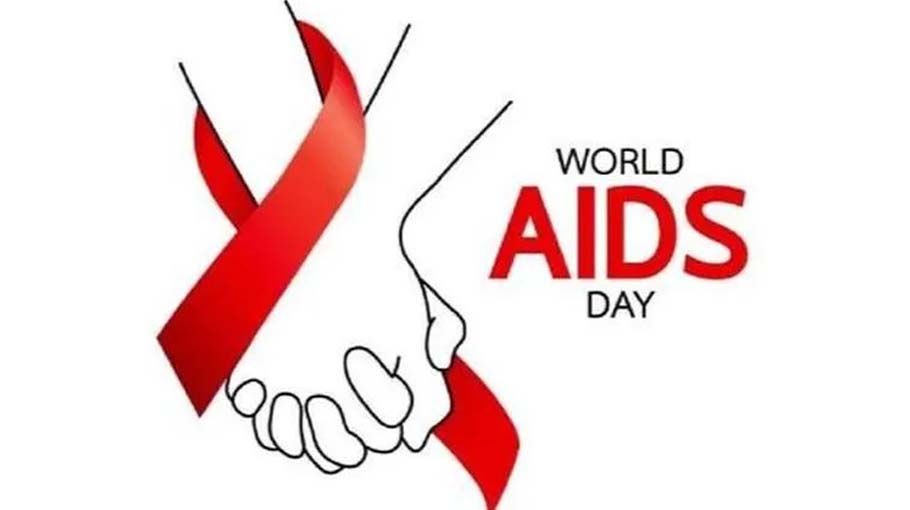World AIDS Day 2021
Comprehensive support sought for HIV positives

World AIDS Day will be observed today across the world, like every year, to create awareness about this life-threatening disease.
This year the day will be observed under the theme “End inequalities. End AIDS”.
World Health Organization (WHO) and its partners will put emphasis on reaching the people who are facing inequalities and discrimination in terms of receiving essential HIV services.
According to the National AIDS/STD Control Programme (NASP) data of 2020, the total number of HIV cases in the country was 8,032; out of them, 1,383 people died. Among the deceased, new HIV positive and death cases were 658 and 141, respectively in 2020.
Experts have suggested providing comprehensive support to HIV patients to achieve the Sustainable Development Goals (SDGs) on AIDS, which aims at eradicating the disease from the country by 2030.
Talking to Bangladesh Post, Md Hafiz Uddin Munna, secretary of the Network for the People living with HIV (PLHIV) said, “Many HIV patients of our country still don’t get the overall healthcare facilities. The previous programmes undertaken by NGOs included different types of psychosocial support, counseling, monitoring and adherence follow up, which are considered significant for HIV patients along with their physical treatment. These programmes that have declined should be increased on a large scale.”
He also emphasized ensuring medicine and essential services for those who need it the most.
“The government is providing free medicines for everyone, but often the marginal people do not have access to these types of facilities. It has to be ensured that these services are reaching the most infected ones,” he said.
“The global fund provided for AIDS control programme has also declined. The government should engage in more collaborative works with the community-based organizations (CBOs) for effective results,” he added.
Dr Sharful Islam Khan, Scientist and Head, Programme for HIV and AIDS, Infectious Diseases Division (IDD) of icddr,b told the Bangladesh Post, “As the key populations (KPs) at risk of HIV are marginalized (thus remain hidden), community-based outreach programmes should be strengthened.”
He further said that sensitization and advocacy efforts with the healthcare practitioner and other stakeholders and gatekeepers are required along with equitable healthcare access.
As many people face discrimination and stigma, he stressed on reducing all kinds of harassment and abuses against the KPs and creating an enabling environment so that safer behaviors are practiced.
World AIDS Day is held on the 1st December each year and is an opportunity for people worldwide to unite in the fight against HIV, show their support for people living with HIV and to commemorate people who have died.
The day was observed for the first time in 1988 in order to combat HIV with the joint efforts of everyone across the globe, show support for people living with HIV and to commemorate people who have died from this fatal disease.
Various programmes and discussion meetings have been organized by different institutions of our country to observe this day and create awareness.





